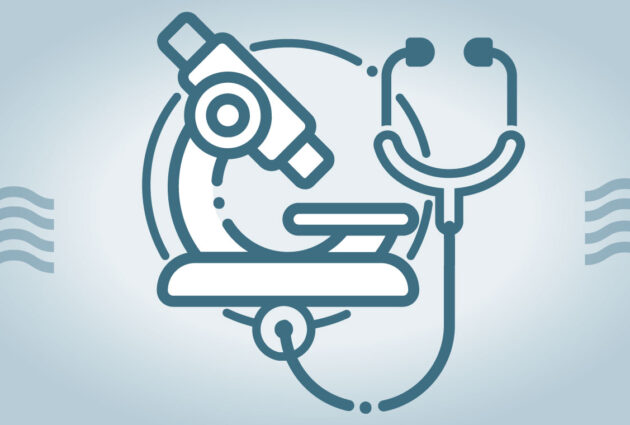Healthy Workers, Healthy Wisconsin
At a Glance
This project, Healthy Workers, Healthy Wisconsin, led by Community Advocates, Inc., aimed to improve the health and economic well-being of low-income Wisconsin residents by increasing employment and connecting people to effective mental and physical health care. Poor health and exposure to trauma, particularly among low-income populations, has been shown to interfere with job-related outcomes, including higher rates of unemployment, poverty and use of social services. The Milwaukee Transitional Jobs Collaborative was formed in 2009 which emphasizes the importance of transitional jobs (TJs) as a pathway for low-income job seekers with barriers to secure formal economy jobs, leading to sustained unsubsidized work.
The project significantly expanded TJ programs over six years, increasing funding from $6 million to $9.5 million annually by 2022 and notably improving Black male employment rates in Milwaukee. Advocacy efforts led to the expansion of TJ programs across Wisconsin, providing over 10,000 low-income job seekers with sustained employment opportunities. Furthermore, the project’s implementation of trauma-informed practices enhanced support systems, empowering job seekers to overcome barriers and achieve meaningful employment outcomes.
The Challenge
Poor health can undermine sustainable employment, particularly among vulnerable populations. Additionally, exposure to early adversity and trauma is not only highly prevalent among low-income groups, but has also been shown to interfere with job-related outcomes. The Milwaukee Transitional Jobs Collaborative was formed in 2009 to address joblessness amongst men of color in the inner-city of Milwaukee, in addition to the significant unemployment in rural parts of the state which contributes to high rates of poverty and poor health outcomes. Transitional jobs (TJs) are short-term subsidized jobs that enable low-income job seekers with significant barriers to employment to secure jobs in the formal economy with the majority going on to sustain unsubsidized work thereafter.
Project Goals
The goal of this project was to improve the health and economic well-being of residents in some of the poorest communities in Wisconsin by increasing employment and income and connecting people to effective mental and physical health care. This goal was addressed through specific aims to improve health and economic well-being by combining:
-
- Transitional jobs (also known as subsidized employment),
- Health insurance coverage with primary care physician visits and
- Trauma screening, brief intervention and referral to services.
Results
The Healthy Workers project successfully addressed employment challenges and bolstered support for job seekers. Over a six-year period, the project oversaw a significant expansion of TJ programs, with funding growing from $6 million to $9.5 million annually by 2022. This expansion played a crucial role in improving Black male employment rates in Milwaukee, reversing a 40-year decline. Furthermore, the project’s advocacy efforts led the expansion of TJ programs across the state, from 13 to 34 counties during the grant period. This expansion, driven in part by the project’s advocacy efforts, has provided over 10,000 low-income job seekers with opportunities for sustained employment.
The project also facilitated the integration of support services into workforce development programs. Several partners, including Jobs Work MKE, Community Warehouse, Employ Milwaukee and Mindful Staffing, integrated health insurance enrollment assistance and physical and mental health care into their programs. The project also implemented trauma-informed practices, including the Trauma Screening, Brief Intervention and Referral to Treatment (T-SBIRT) protocol, into workforce developmental programs. By acknowledging and addressing the trauma experienced by job seekers, the project improved support systems, empowering individuals to achieve meaningful employment outcomes.
Learn more about the project Healthy Workers, Healthy Wisconsin

